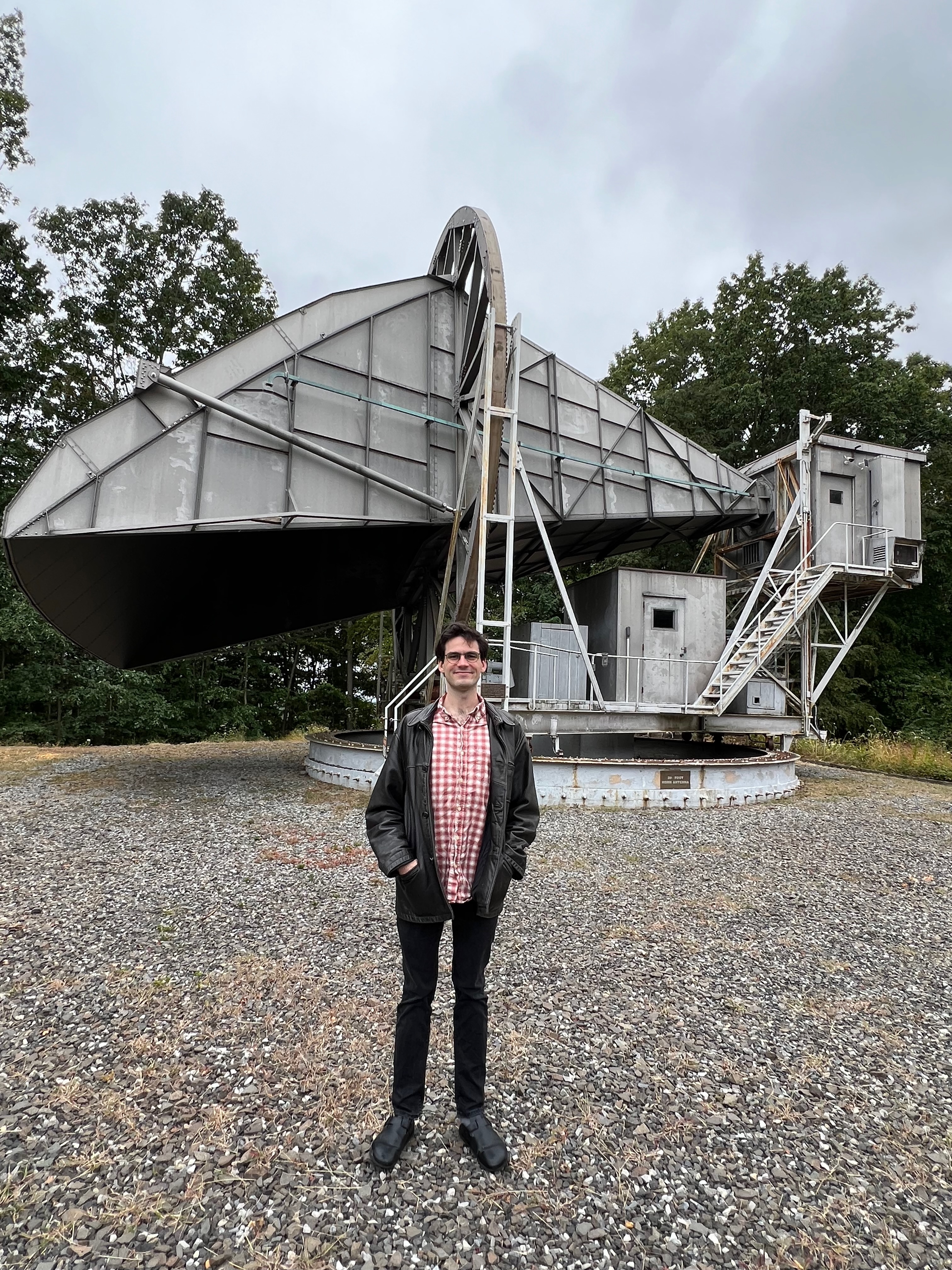
I work in theoretical and data-driven cosmology. Currently, my interests revolve around the non-linear aspects of the late-time universe, including cosmic voids, higher-order statistics for weak lensing, and the thermal Sunyaev-Zel'dovich effect. I am also interested in the galaxy-halo connection and field-level methods.
Methods-wise, I have experience running and working with numerical simulations, including full-physics, N-body, and approximate surrogates. Much of my work involves machine learning, in particular baryon pasting (for tSZ), and implicit likelihood-inference. I strive to elevate applications of machine learning in cosmology from unwieldy black boxes to interpretable models with limited, well-defined scope.

I am also interested in theoretical descriptions of Deep Learning. I hope that a better first-principles theoretical understanding of deep neural networks will enable more trustworthy applications to data analyses in cosmology and beyond. To this end, I am collaborating with high-energy theorists to identify the correspondence between neural networks and physical systems with many degrees of freedom.
Since March 2024, I work as a project assistant professor in the Center for Data-Driven Discovery at Kavli-IPMU/U-Tokyo. I received a PhD in Physics from Princeton University where David Spergel advised me. Previously, I received a BA from Oxford University and obtained an MSc through the PSI program at Perimeter Institute.
Contact: leander (dot) thiele (at) ipmu (dot) jp